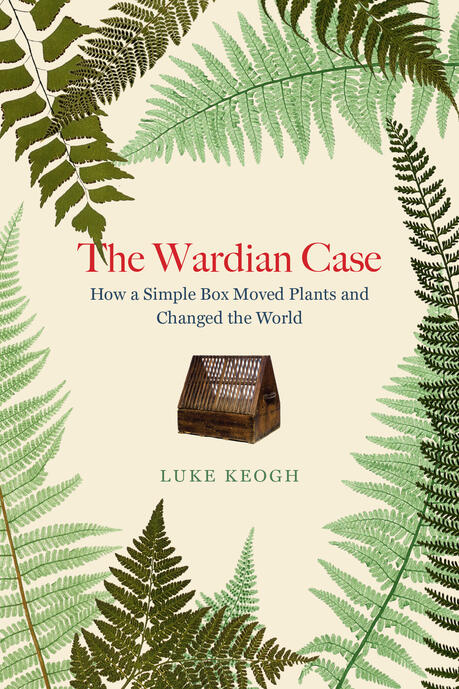The Wardian Case: How a Simple Box Moved Plants and Changed the World
2021 - Winner

Judges' comments
In this engaging history Luke Keogh delves into the curious history of the Wardian case. These miniature greenhouses were central to the successful movement of plants around the world in the 19th century — shipping precious species across hemispheres, seasons, and latitudes, when journeys were long and unpredictable. The invention by Nathaniel Ward of this simple-looking but ingenious contraption changed the transportation of plants by keeping them alive.
At a time when the natural sciences were rapidly expanding, when botanists and biologists were madly classifying the natural world, and museums were being built to house such knowledge, the Wardian case enabled living specimens to be transported across the globe. Keogh ably recounts the intense scientific curiosity and excitement of this period, but also reflects on the huge cost of that imperial mobility and acquisitiveness. This is a global history of colonialism as much as a study of the natural sciences.
In this generous and carefully written account, Keogh brings a curator’s eye to produce a detailed history of one object—but it’s so much more than that. The Wardian Case is a story of colonial ambition as well as scientific invention. The great toll of the Wardian case—the introduction of invasive species, establishment of colonial plantations, and the extractive economy of colonisation—is as critical to this compelling story as the quest for scientific and technological knowledge that it represents.


